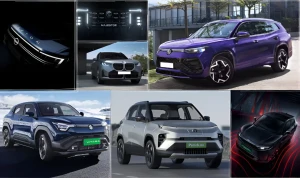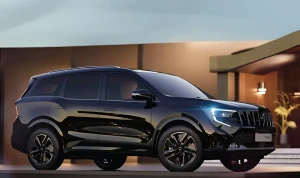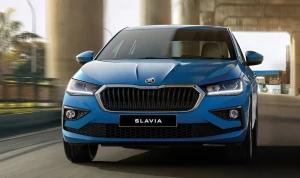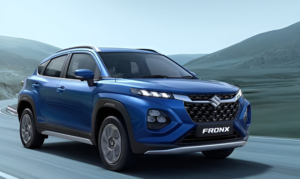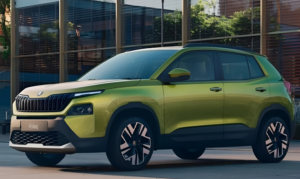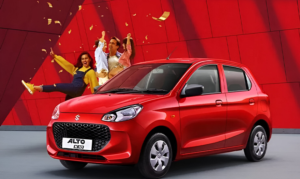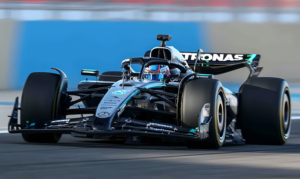Mahindra to Ready Flex-Fuel Engines for Its Next-Gen SUVs
- Mahindra is working on engines that can run on petrol mixed with ethanol, starting from E30 and going higher, to keep its future SUVs ready for policy changes and new fuels.
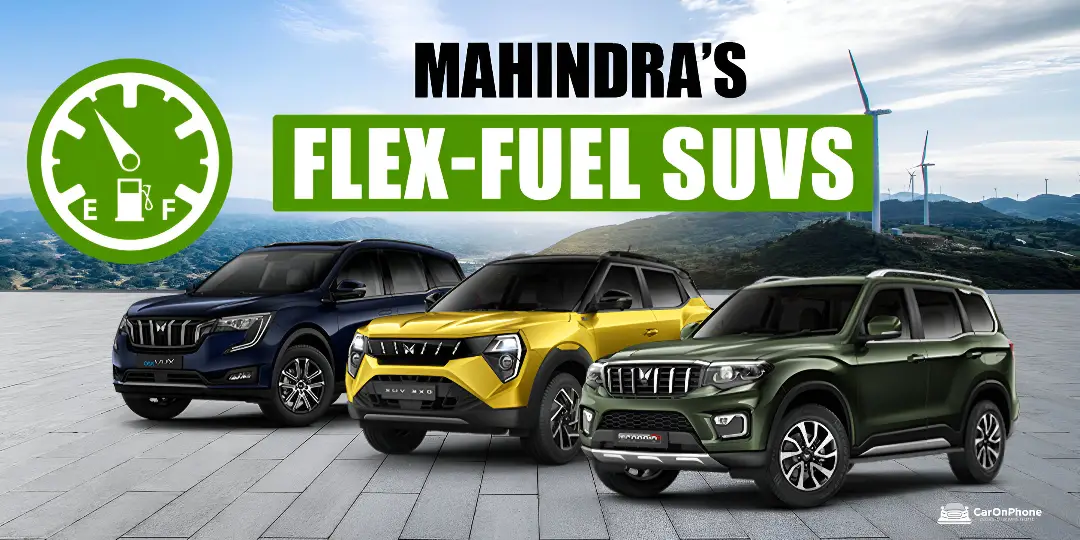
Mahindra isn’t just building new platforms for its upcoming SUVs it’s also reshaping its engine strategy. Alongside the new NU IQ modular platform, which is designed to support many body styles and powertrain choices, the company is developing flex fuel engines. These powerplants are being engineered to operate on petrol blended with 30 percent ethanol (E30) and, with the right upgrades even richer ethanol mixes.
Why flex-fuel, and why now?
India is exploring a move to E30 petrol by 2030. Mahindra wants to be prepared before that shift reaches showrooms. Flex fuel is attractive because it can reduce crude oil use support local ethanol production and cut tailpipe emissions when used correctly. For a company betting big on SUVs across multiple price points, the ability to run on different fuel blends is a practical way to “future proof” the lineup
What has to change inside the engine?
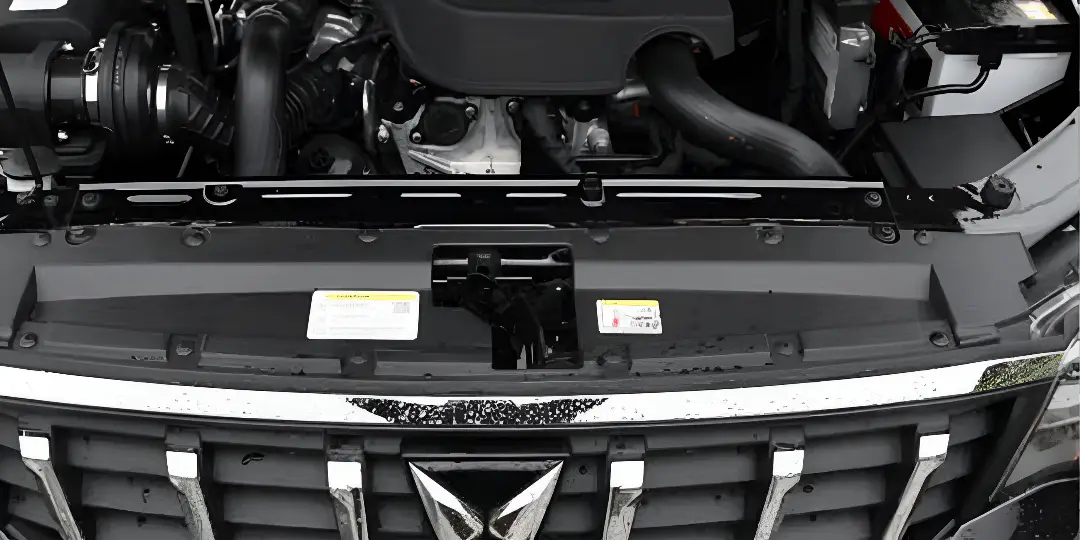
Running reliably on E30 and potentially up to E100 needs more than a simple software tweak. Ethanol behaves differently from pure petrol: it absorbs moisture more easily, can be more corrosive to some materials, and has different cold-start characteristics. To deal with that, Mahindra’s flex-fuel package calls for:
- Ethanol content sensors to constantly read the exact blend in the tank and adjust fuelling and ignition on the fly
- Fuel-rail and injector heaters to improve cold starts, since high-ethanol blends can be harder to ignite in low temperatures
- Material upgrades in lines, seals, and injectors to handle ethanol’s chemical properties and ensure long-term durability
- Calibration work on engine maps so performance and emissions remain stable across blends, whether E10, E20, E30 or higher
In short, the engines need careful reengineering to make sure drivability stays smooth, efficiency remains competitive, and hardware lasts as long as buyers expect.
NU-IQ platform sets the stage
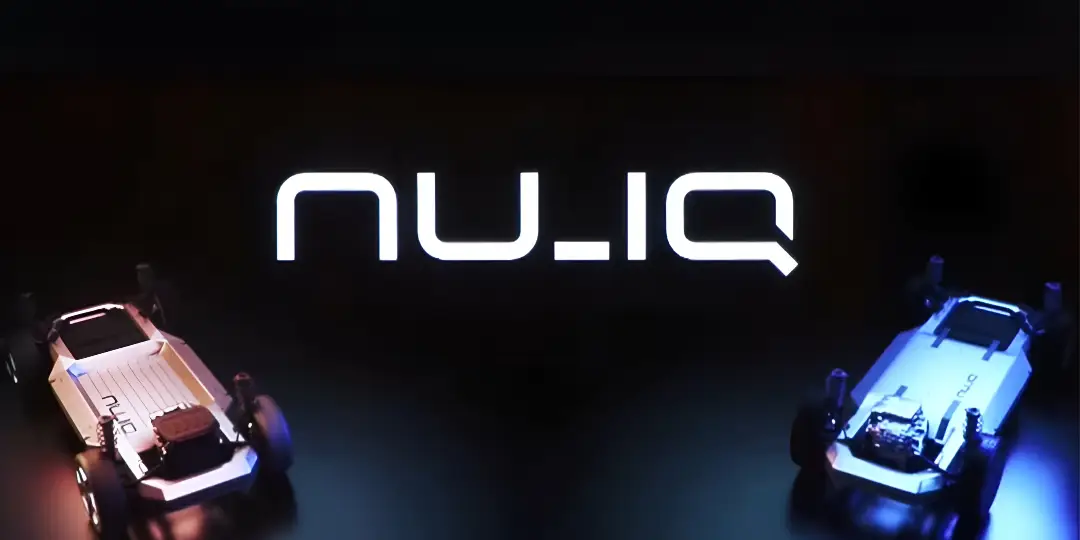
Mahindra’s NU-IQ platform is designed to host varied powertrains—petrol, diesel, hybrid, electric—and multiple body styles. Flex-fuel compatibility layers neatly on top of this approach. By building flexibility into both the platform and engines, Mahindra can respond faster as regulations evolve, fuel availability changes by region, and customer demand shifts between powertrains.
The wider market is moving too
Mahindra is not moving alone. Other carmakers are trialling flex-fuel tech for India:
- Hyundai showed the Creta 1.0 Flex Fuel.
- Tata displayed the Punch tuned for E85 compatibility.
- Maruti Suzuki brought a Wagon R Flex Fuel concept
- Toyota highlighted a petrol electric Innova Hycross hybrid that can run on E20 and higher ethanol blends
These were seen at Auto Expo 2025, signalling broad industry interest. While firm launch timelines for four-wheelers weren’t announced, the direction is clear: brands are actively preparing products that can use higher ethanol fuels as and when the policy environment and fuel network are ready.
What it means for buyers
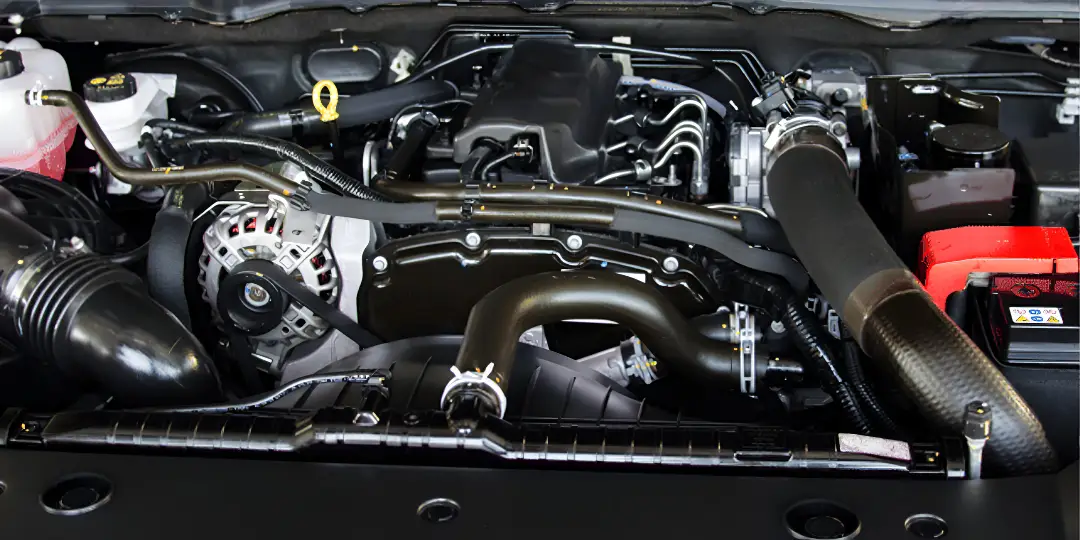
For customers flex fuel engines aim to deliver familiar performance while offering the option to use higher-ethanol petrol as it becomes more common. The real world benefits will depend on local fuel availability, pricing and the exact blend at the pump. Mahindra’s focus on sensors and calibration suggests an intent to keep the driving experience consistent regardless of blend, which is essential for everyday users.
The bottom line
Mahindra’s push into flex-fuel is a practical step to stay ahead of India’s ethanol roadmap. By upgrading engines with the right sensors, heaters, and materials and by pairing them with a modular vehicle platform the company is positioning its next wave of SUVs to run cleanly and reliably on E30 and beyond. It’s a measured, engineering led way to be ready for tomorrow’s petrol.
Tags:
CarOnPhone is your one-stop destination to see all upcoming cars, latest cars, released cars, and EV Cars, and compare Cars in all Car Brands. Stay tuned and follow us to update yourself on the automotive world.

